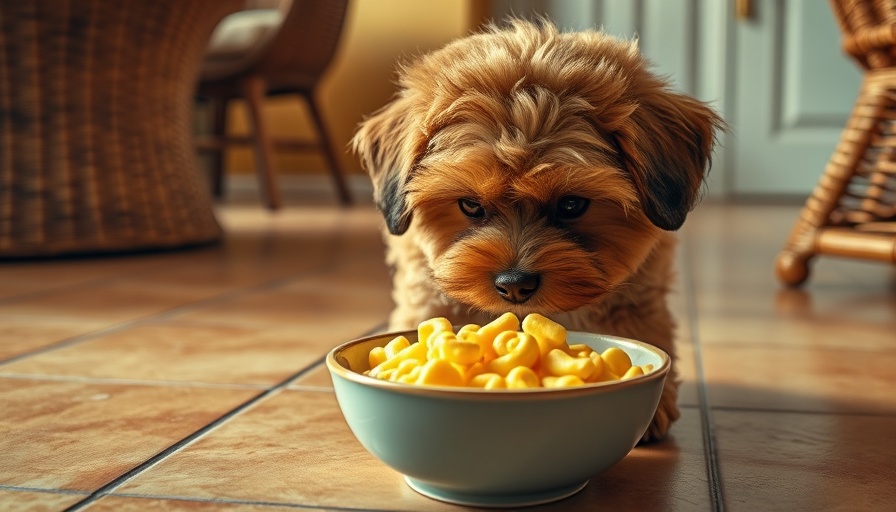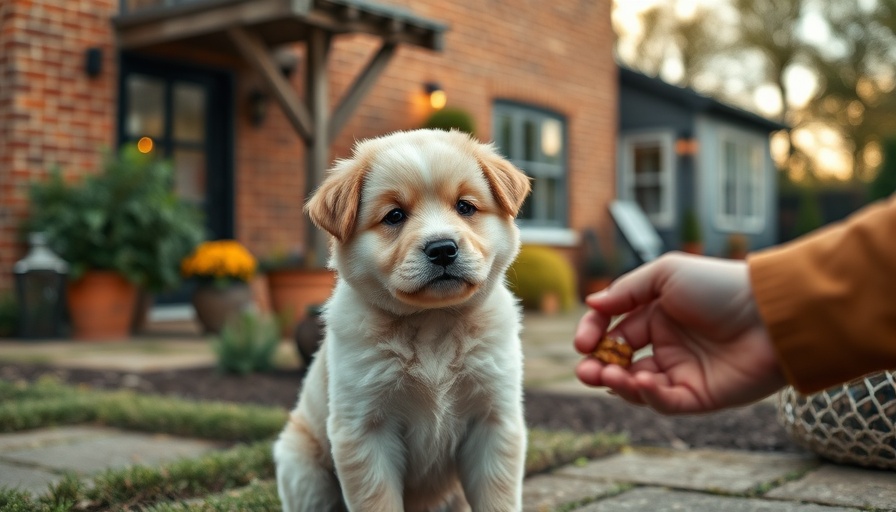
Unraveling the Mystery Behind Your Dog's Bed-Scratching Behavior
Every dog owner has encountered those amusing yet puzzling moments when their furry friend scratches at their bed. What seems like a quirky trait might have deeper roots in canine behavior. Understanding why your dog scratches his bed not only clarifies their instincts but also improves their comfort and overall well-being.
Why Do Dogs Scratch Their Bed? 7 Insightful Reasons
Dog scratching behaviors can often be traced back to ancestral habits, territorial instincts, and even emotional states. Here are seven common reasons that might explain why your dog participates in this fascinating behavior:
1. Echoes of Ancestral Behavior
When we think about why dogs scratch their beds, we can't overlook their wild ancestors. In nature, dogs, particularly terriers or hounds, would dig and scratch to create a comfortable sleeping area or to uncover prey. This instinct still resides in them today. So, when you notice your dog scratching, he may simply be channeling his primal ancestors, adjusting his bed for comfort much like his wild relatives did.
2. Manifestation of Territorial Behavior
Dogs are inherently territorial animals. They use various methods to assert ownership, one of which includes scratching their bedding. Each scratch can leave a scent from glands in their paws marking the bed as their own. If you have multiple dogs, this behavior may increase as they claim their spot in a competitive environment.
3. Responding to Stress or Anxiety
Just like humans, dogs can experience stress and anxiety, and their scratching behavior might be a response to these feelings. Signs such as dilated pupils and tucked tails indicate distress. If scratching becomes excessive, especially at bedtime, your dog may feel insecure or anxious about their sleeping environment. Identifying these triggers becomes essential for easing their stress.
4. Comfort Seeking Rituals
For many dogs, scratching isn’t just about marking territory or displaying their ancestry behaviors. It can also be a soothing ritual. This behavior helps them arrange their bedding just right before sleep, much like how we fluff our pillows. Many pet owners notice their dogs seem more relaxed after they’ve scratched and settled in, making the behavior an important aspect of their nighttime routine.
5. Seeking the Right Temperature
Dogs also scratch to find a comfortable sleeping spot temperature-wise. In colder climates, wild dogs would dig to create a warmer environment. Thus, if your pet scratches their bed, it may be their instinct telling them they need to regulate their temperature, either seeking warmth or airflow. A dog’s bed should meet their needs for comfort and temperature balance.
6. Playful Exploration and Boredom
Sometimes, a dog's scratching behavior stems from boredom. Dogs require mental stimulation and physical exercise. If they don’t receive enough, they may improvise by scratching at their beds out of sheer curiosity or playfulness. Providing engaging toys or interactive playtime can divert their attention and curb this kind of scratching.
7. Health Issues
In some cases, excessive scratching can indicate underlying health problems. Skin irritations or discomfort caused by allergies can prompt a dog to scratch their bed frequently. If there’s a notable change in your dog's scratching behavior, consider consulting with a veterinarian to rule out any medical concerns affecting their comfort.
Future Insights: Understanding and Addressing Scratching Behavior
With the knowledge provided above, pet owners can better understand and manage their dog's scratching behaviors. It's crucial to observe any patterns, triggers for stress or anxiety, and changes in habits that could indicate health issues. Each dog is unique, and knowing the reasons behind their actions enables owners to provide the best care possible.
Practical Tips to Manage Scratching Behavior
To help minimize excessive bed-scratching, consider the following actionable insights:
- Maintain a consistent sleep routine for your dog; consistency builds comfort.
- Introduce calming techniques such as a cozy blanket or an anxiety-reducing toy.
- If scratching seems habitual, it may help to reinforce positive behaviors through training techniques, redirecting them when they start scratching unnaturally.
Conclusion: Understanding Your Dog is Key
Recognizing and addressing the reasons behind your dog’s bed-scratching behavior enhances their comfort and strengthens your bond. Provide your pet with a secure environment, fulfilling their needs for comfort, companionship, and stimulation. Remember, understanding your dog’s behavior is an ongoing journey; stay curious and attentive to your furry friend’s needs.
 Add Row
Add Row  Add
Add 


 Add Row
Add Row  Add
Add 

Write A Comment